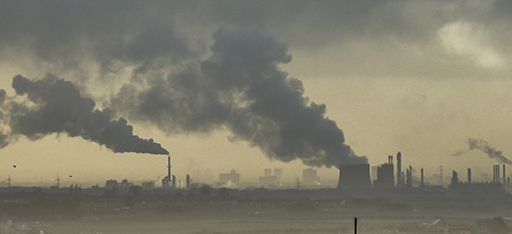1 Introducing criminology, zemiology and social harm

Traditionally, the focus of the academic subject of criminology has been on finding the causes of crime in order to prevent, reduce or punish law-breaking. For example, criminologists from a psychological background have tended to focus on the psychological characteristics of individuals who have committed crimes. In contrast, criminologists from a sociological background have focused more on factors rooted in social life such as those related to economic, gendered, generational and cultural inequalities.
Some sociological approaches have long recognised that crime is not just a question of who breaks the law, but also about who makes the law and how it is enforced. Issues of power and inequality affect what types of actions are seen as illegal and what sort of people are more likely to be seen as offenders. Power can be defined as ‘the ability to influence and control people, ideas and events’ (Drake and Scott, 2019, p. 21). Power can be used to influence the actions of the criminal justice system and the state, ideas about what is harmful and what constitutes crime. Issues of power are integral to all critical understandings of crime and justice. For example, many critical criminologists argue that actions by powerful individuals, social groups and organisations are much less likely to be defined as illegal than those committed by the less powerful. Similarly, the more powerful individuals, groups and organisations are, when they break the law, the less likely they are to be prosecuted and convicted for crimes. Power differences are one form of inequality, but they in turn are grounded in other forms of inequality. For example, economic inequality gives some social groups and institutions more chance of exercising power than others. In particular wealthy multinational corporations are powerful actors in their own right and they can also influence the actions of states.
The social harm approach (which is also known as zemiology), however, provides an alternative approach which goes beyond criminology in focusing on harm rather than crime.
Proponents of the social harm approach argue that crime has no coherent or distinctive characteristic as a category. Illegal acts are sometimes harmful, but not always, and conversely there are many legal acts which are very harmful indeed. Thus zemiology argues that any activity, process or set of circumstances that is harmful or damaging is a potentially important focus of analysis, whether or not it happens to be against the law (Hillyard and Tombs, 2007).
A transnational or global focus can be found in some criminology, but the social harm approach lends itself particularly well to the study of harmful actions, policies and events which are not confined within individual countries. For example, harms done to the environment often cross national boundaries, and international or global organisations (for example transnational corporations) are often involved in producing uncriminalised harms. Furthermore, harms produced by the actions or policies of nation-states frequently affect people and places beyond the boundaries of that state.
By providing an alternative to criminology, advocates of the social harm approach claim that their approach can better investigate issues of injustice and harm, including globally oriented ones, such as threat to the ecological survival of the planet, genocide, war, abuse of human rights, nuclear proliferation and so on. The examples considered in this course, namely Hurricane Katrina, imprisonment, and the ‘War on Terror’, will enable you to study these aspects through both criminological and social harm approaches. This will also show how global activities affect individuals, such as how seemingly ‘local’ places (such as specific prisons) and ‘local’ processes (such as the impacts and outcomes from Hurricane Katrina) may in fact be globally shaped. In doing this, the course will provide you with an example of studying crime, justice and social harm at postgraduate level.
